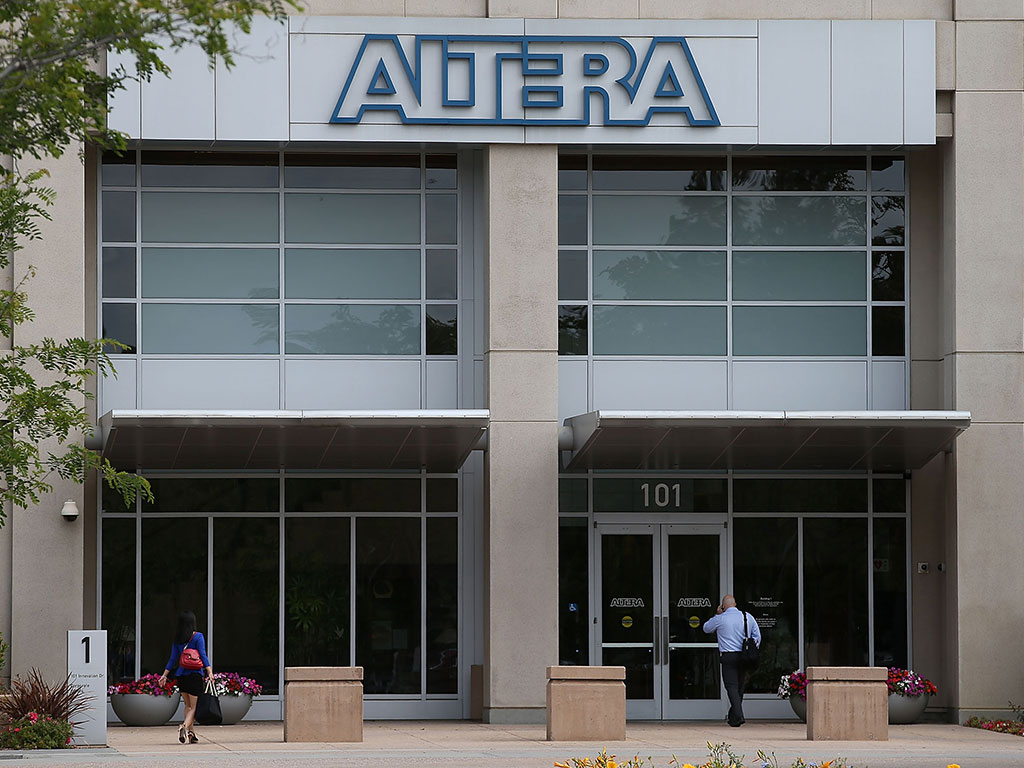Intel to buy Altera for $16.7bn
Intel buys chipmaker Altera in a bid to offset slowing demand for microprocessors and venture into new markets

Intel's purchase of electronic system designers Altera marks a dramatic shift in its business model
On June 1, Intel announced its purchase of chipmaker and electronic system designers Altera for a hefty $16.7bn. At $54 a share, the cost is over 50 percent more than the share price reported by The Wall Street Journal when negotiations were first publicised in March.
Under the leadership of CEO Brian Krzanich, who has been at the helm since 2013, Intel is making a marked turnaround in its business model: it is gradually reducing its dependence on the personal computer market and making a notable shift towards chips and integrated systems.
[Intel] is gradually reducing its dependence on the personal computer market and making a notable shift towards chips and integrated systems
Demand for Intel’s PC microprocessors has slowed in recent years in correlation with the rising consumer demand for tablets and smartphones. Intel reported $12.8bn in profits for Q1 2015, down 13 percent from $14.7bn in Q4 2014 – illustrating a downward trend for its current business model. In a bid to evolve with the fast-moving tech market, Intel has made a successful entry into the industry for portable devices. Although its market share is growing, it has not yet reached the heights of Intel’s core business, making the move into other areas crucial for its long-term viability.
The $16.7bn deal is the biggest in Intel’s history. Although a number of industry experts argue the price is too steep, Krzanich believes the costly purchase will pay off as Intel further expands Altera’s already successful business in the production of chips for corporate data centres. Altera also produces Field Programmable Gate Arrays (FPGAs): integrated circuits that can be configured by manufacturers for specific jobs. Given the growing popularity of FPGAs in various industries, from communications to medical equipment and scientific instruments, the acquisition opens up an array of new possibilities for Intel.
This step into the FPGA market will also allow Intel to explore the Internet of Things (IoT). According to a joint press release, Intel plans to combine Altera’s FPGA products with its Xeon processors to produce “highly customised, integrated products”. There are also plans in place to further develop Altera’s products through Intel’s model for integrated device manufacturing.
“With this acquisition, we will harness the power of Moore’s Law to make the next generation of solutions not just better, but able to do more”, Krzanich said in the press release. “Whether to enable new growth in the network, large cloud data centres or IoT segments, our customers expect better performance at lower costs. This is the promise of Moore’s Law and it’s the innovation enabled by Intel and Altera joining forces. We look forward to working with the talented team at Altera to deliver this value to our customers and stockholders.”













